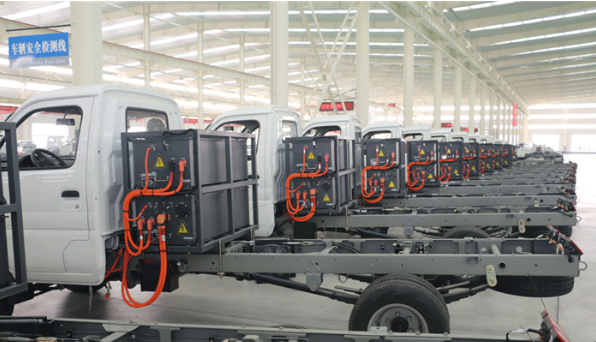Cost Survey for Electric Vehicles: Weak Profitability Relying on Subsidies

Shanghai (ZXZC)- New energy vehicles are still weak in profitability when compared with traditional vehicles. Relying heavily on governments’ subsidies, domestic new energy vehicles face declining sales volume this year when the preferential policy is cancelled. New energy passenger vehicles only have a sales volume of 5,400 units with a year-on-year decline of 61% in January. Sales volume of BYD also slumped to 605 units in January this year.
In contrast, traditional auto giants including Toyota, Volkswagen and GM reach great profits. But hardly could companies make profit in electric vehicle area. That’s the reason why foreign giants haven’t launched EV models in China yet. Even the eye-catching Tesla has not reached profit yet this year. It’s learned that new energy auto companies have transferred the pressure of decreasing subsidies onto power battery providers, expect for BYD, which supplies battery for itself.
Analysts say that the price for lithium cells decrease 20% to 30% this year, affected by the phasing out of new energy vehicle subsidies. New energy vehicles will show their competitive strengths once the cost for power battery is lower than RMB 1 yuan per watt hour. However, prices of raw materials for power batteries are rising greatly this year, forcing power battery companies to burden great pressure and upgrade technologies.
Currently, BYD and other auto manufacturers are accelerating to make layouts in buses and logistics vehicles, which are believed to conduct the fastest implementation of new energy technologies. Many emerging companies also invest in operating links of the industrial chain of new energy vehicles.

